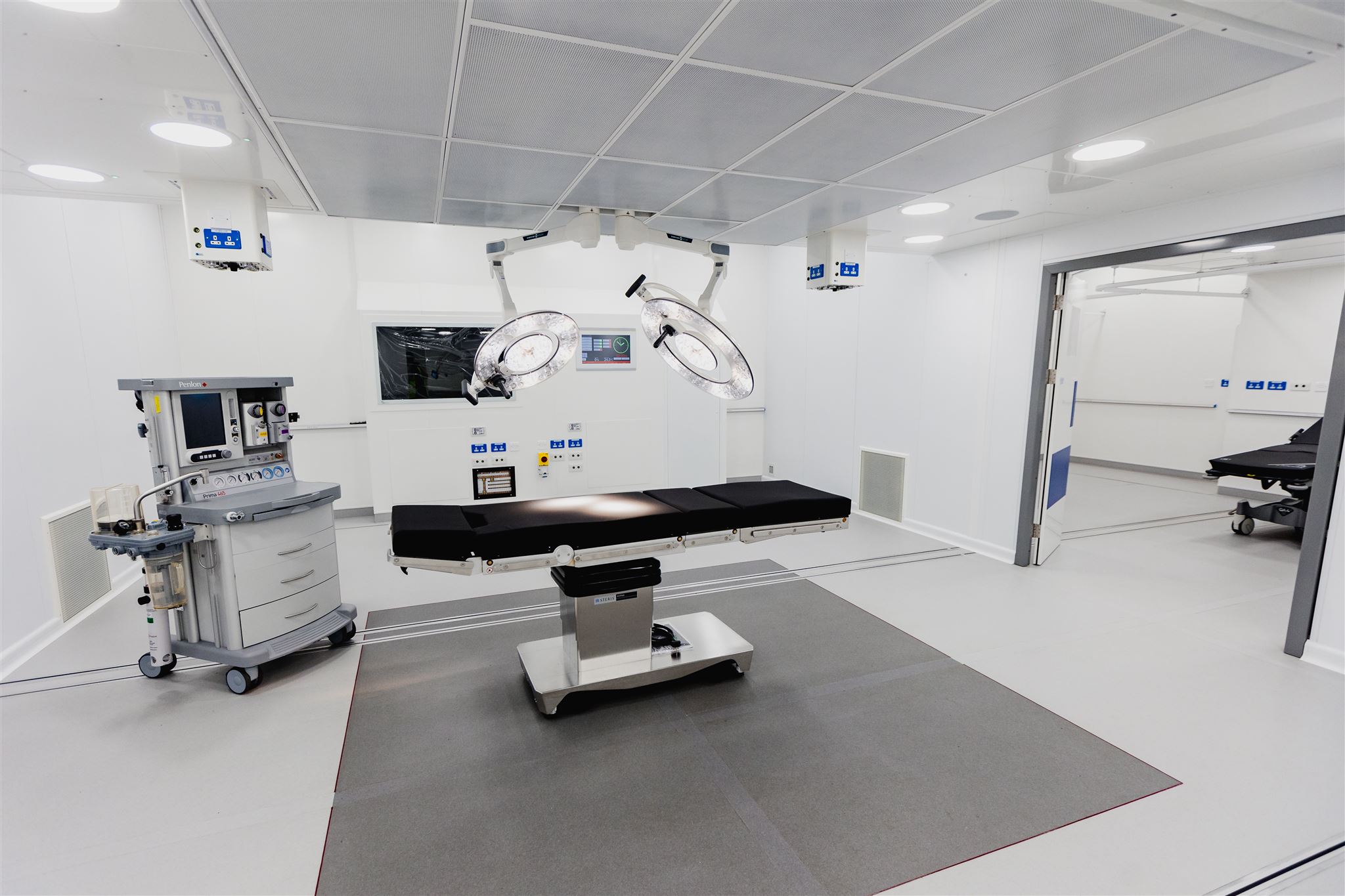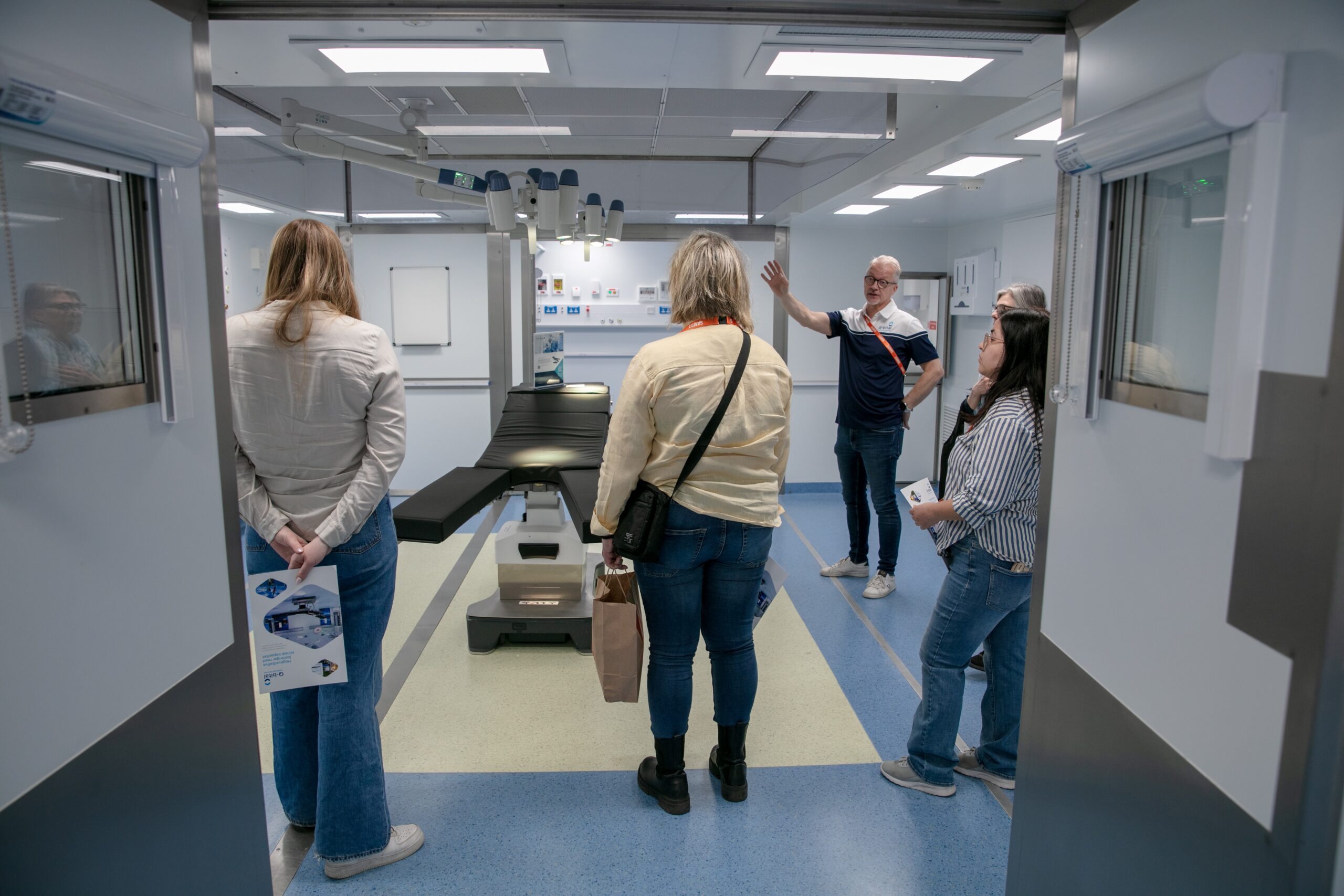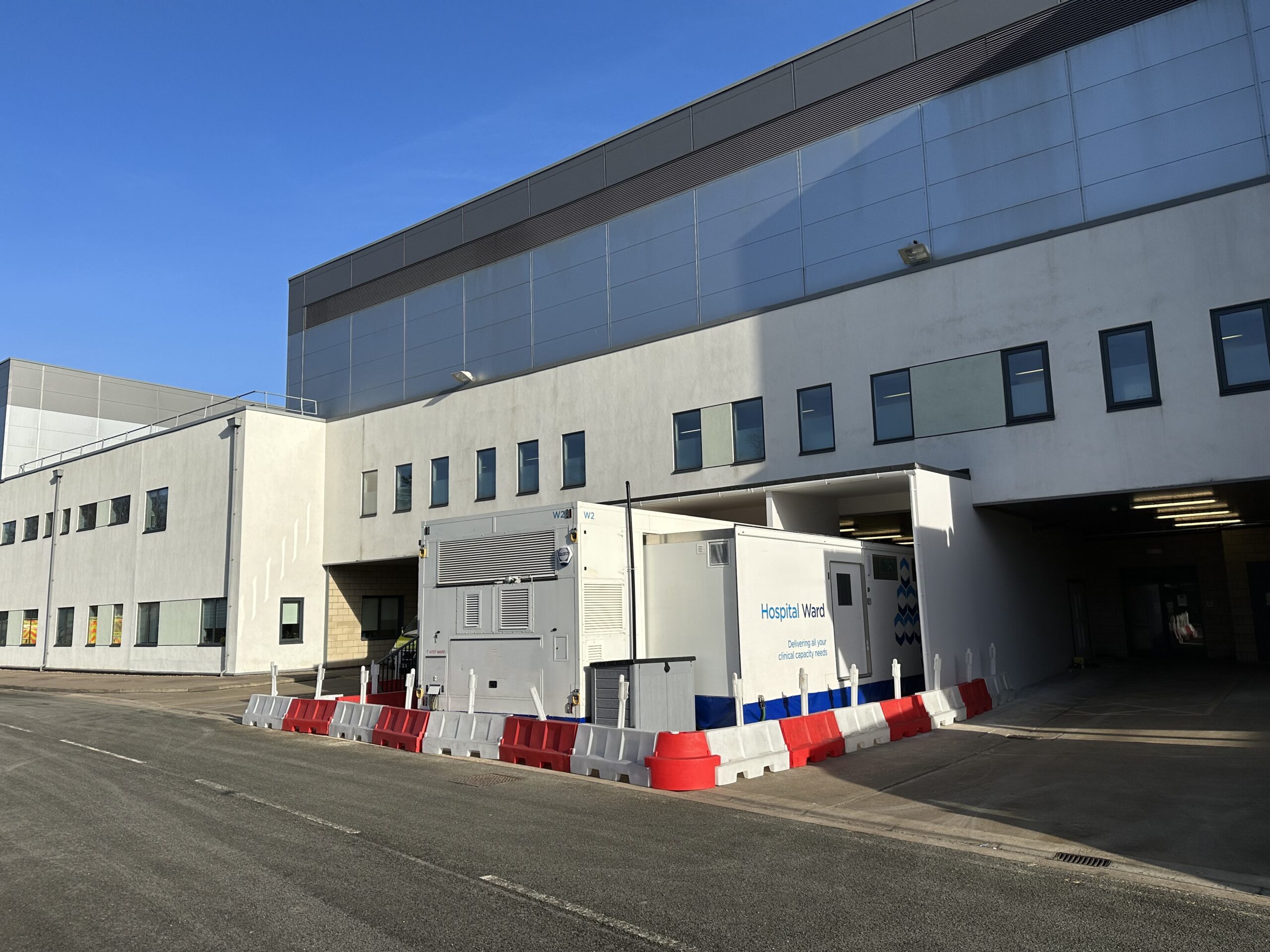Uma pesquisa recente publicada no British Medical Journal (BMJ) concluiu que um atraso no tratamento do câncer está associado a um aumento na mortalidade por todas as causas.
Desde o início da pandemia de Covid-19, o acesso dos pacientes ao tratamento do câncer tem sido adiado em muitos ambientes de saúde no mundo todo, o que gerou preocupação sobre as consequências não intencionais das medidas de controle da pandemia para pacientes com câncer.
Embora tenham sido realizados vários estudos a nível mundial sobre a relação entre atrasos no tratamento e mortalidade, os esforços de modelação foram dificultados pela falta de evidências de qualidade no mundo real, pelo que a equipa de investigação conduziu uma revisão abrangente de 34 estudos já existentes sobre sete principais tipos de câncer.
Os resultados mostraram que cada atraso de quatro semanas entre o diagnóstico e a cirurgia está associado a um aumento relativo de 6-8% na mortalidade por todas as causas.
Os tipos de câncer incluídos no estudo representam 44% de todos os cânceres incidentes globalmente. Ele cobriu cinco tipos comuns de câncer; câncer de bexiga, mama, cólon, reto e pulmão; câncer cervical, que é o quarto tipo mais comum de câncer entre mulheres; e câncer de cabeça e pescoço; e descobriu que, para todos os sete tipos de câncer, um atraso de quatro semanas no tratamento está associado a um aumento no risco de morte.
Além disso, o estudo descobriu que atrasos de até oito semanas e doze semanas aumentam ainda mais o risco de morte. Um atraso de oito semanas na cirurgia de câncer de mama aumentaria o risco de morte em 17% e um atraso de 12 semanas, como experimentado por exemplo durante o bloqueio e a recuperação da Covid-19 em alguns países, aumentaria o risco em 26%.
O impacto dos atrasos no tratamento nos resultados dos pacientes é algo que veio à tona durante a pandemia da Covid-19. Embora, na maior parte, a cirurgia de câncer urgente tenha acontecido, a cirurgia eletiva de câncer e a radioterapia foram adiadas ou atrasadas em muitos países, pois os recursos foram realocados para lidar com a pandemia.
Até o momento, não foi possível quantificar de forma robusta o impacto das medidas de bloqueio da Covid-19 nos padrões de atendimento e nos resultados dos pacientes, e enfatiza que há necessidade de um esforço internacional para estabelecer sistemas de produção de dados de alta qualidade para informar pesquisas futuras sobre isso.
A realidade é que o impacto dos atrasos no tratamento, incluindo cirurgias de câncer, é provavelmente muito maior para os pacientes e para os sistemas de saúde dos países do que os resultados deste estudo sugerem. Ele não leva em consideração o impacto de uma piora da condição no paciente; a necessidade de tratamentos mais extensos e o aumento do risco de complicações devido à progressão durante os atrasos; e o impacto na qualidade de vida dos pacientes. Também pode levar a um maior fardo econômico por meio de maiores custos diretos de assistência.
Embora fora do escopo deste estudo, o que acontece no tempo antes do diagnóstico do paciente também é claramente importante a ser considerado. Se o tempo de espera for estendido para consultar um especialista ou ser agendado para um teste de diagnóstico, como uma tomografia ou uma colonoscopia, isso afeta a velocidade com que os pacientes são tratados; e um atraso pode ter um efeito prejudicial na qualidade de vida dos pacientes. Quanto mais tarde o câncer for diagnosticado, mais urgente será o tratamento e pior também provavelmente será o resultado do paciente.
A revisão pode ser acessada no site do BMJ



Q-bital Healthcare Solutions
Unit 1144 Regent Court, The Square, Gloucester Business Park, Gloucester, GL3 4AD
